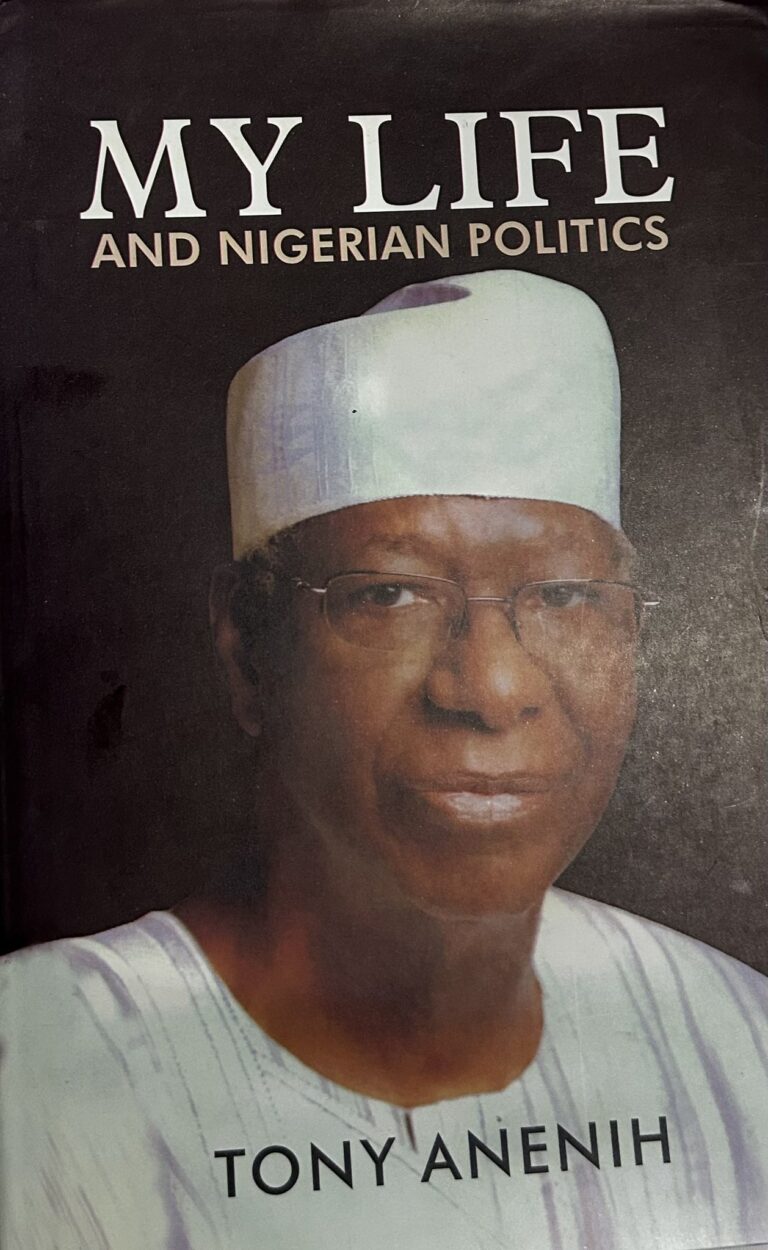Ose Anenih, son of the late Chief Tony Anenih, has issued a strongly worded rebuttal to what he describes as a “mischaracterisation” of his father’s role in the aftermath of the June 12, 1993 presidential election annulment. In a response addressed to presidential aide Bayo Onanuga, Anenih accused the Presidency of distorting historical facts and unjustly maligning his late father.
The controversy stems from a recent communication attributed to Onanuga, which allegedly cast aspersions on Chief Tony Anenih’s involvement in the events following the annulled election. Anenih described the statement as “untrue” and expressed disappointment at the use of what he termed “uncouth language” to describe the late elder statesman, especially in an official statement issued on behalf of the Presidency.
“I will rise above the emotional baiting that this conversation has clearly sparked and will speak only to the truth,” Anenih wrote. “I will also assume that your mischaracterisation of historical events stems from ignorance, not malice.”
Anenih went on to offer a counter-narrative, stating that following the annulment, the presumed winner of the election, Chief Moshood Abiola, fled the country. Upon his return, one of his first visits was to Chief Tony Anenih, then the National Chairman of the Social Democratic Party (SDP), in Benin City.
According to Anenih, his father confronted Abiola for abandoning the party and its supporters at a critical moment. Abiola reportedly defended his actions by saying, “A bird does not tell his friends that the stone is coming.”
He further recalled his father warning Abiola against developing close ties with General Sani Abacha, cautioning that such a move could jeopardise his claim to the presidency. Despite an earlier agreement among political stakeholders for an Interim National Government (ING) that would eventually hand over power to Abiola, the late business mogul allegedly grew impatient and aligned with military forces.
“Abacha’s coup, which Abiola publicly encouraged, he regarded as a private jet,” Anenih stated, noting that Abiola was one of the first to visit and congratulate Abacha after the military takeover.
Ose Anenih also addressed the Presidency’s attempt to contrast his father with President Bola Ahmed Tinubu. He clarified that his father only mentioned Tinubu once in his 260-page memoir, My Life and Nigerian Politics, and did not express any animosity. He also questioned the portrayal of Tinubu’s early visit to Abacha as a mark of courage, suggesting it may instead raise difficult historical questions.
“Like Lamido said, many of the key players in that chapter of our history are still alive,” Anenih wrote, referencing figures like General Ibrahim Babangida, General Abdulsalami Abubakar, Chief John Oyegun, Chief Tom Ikimi, Senator David Mark, Dr. Iyorchia Ayu, Dele Momodu, and even Kola Abiola.
Expressing regret over having to defend his father posthumously, Anenih said it was “doubly unfortunate that the lie was issued in the name of the President of the Federal Republic of Nigeria.”
He concluded by expressing dismay at the energy expended on revisiting decades-old events, especially at a time of national crisis. “I truly wish you had used your pen today to issue condolences to the victims of the suicide bombings in Kano and Borno, rather than rewriting history and smearing the dead,” he stated.
Ose Anenih offered to provide Onanuga with a copy of his father’s memoir to aid future accuracy and historical clarity.

